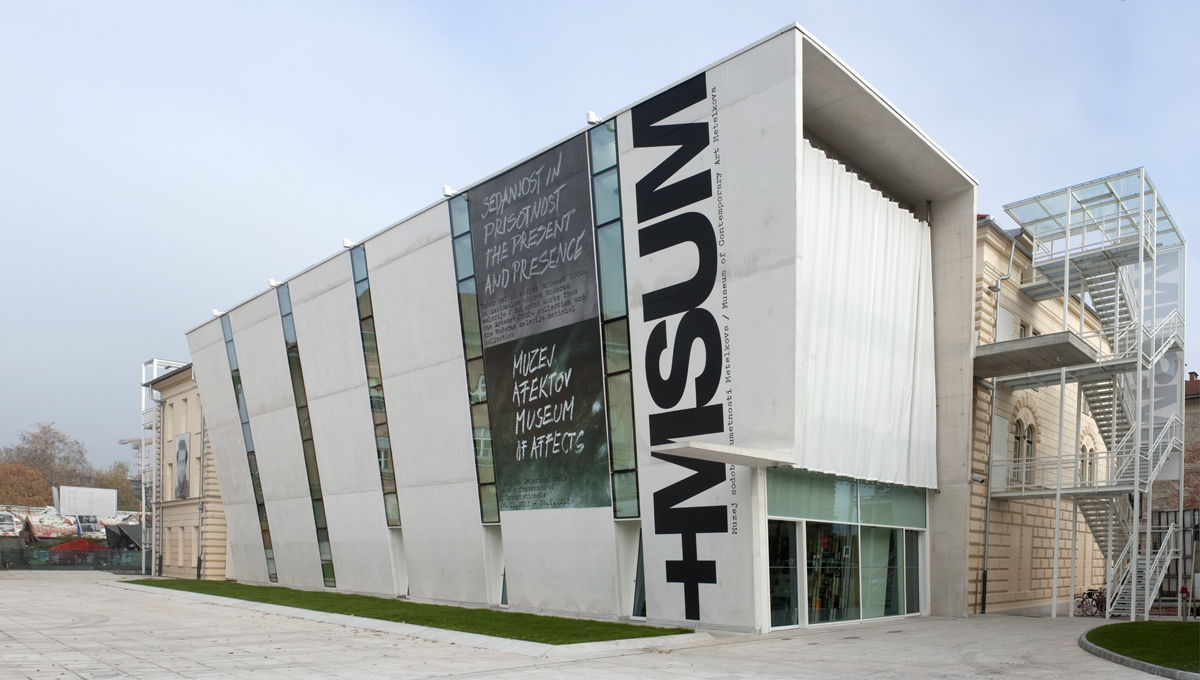Time/Bank is a platform where groups and individuals can pool and trade time and skills, bypassing money as a measure of value. Time/Bank is based on the premise that everyone in the field of culture has something to contribute and that it is possible to develop and sustain an alternative economy by connecting existing needs with unacknowledged resources. Time banking is not barter. Barter economies have been in practice throughout history, but the idea of using time as a unit of exchange only appeared shortly after the Industrial Revolution.
The first successful contemporary time bank was started in 1991 by Paul Glover in Ithaca, New York. Following his idea, people began to exchange time, which led to the creation of a time-based currency—the “Ithaca Hours,” which even local businesses began to accept, and which still flourishes. Time banking and service exchange have since developed into a full-fledged movement, usually centered around local communities.
Time/Bank at e-flux is modeled on existing time banks. When a task is performed, the credit hours earned may be saved and used at a later date, given to another person, or contributed towards developing larger communal projects. For example, if you happen to be in Beijing or Hamburg and need someone to help you shop for materials or translate a press release, you would be able to draw on resources from Time/Bank without exchanging any money.
Born in Mexico City, Julieta Aranda currently lives and works between Berlin and New York. Central to Aranda’s multidimensional practice are her involvement with circulation mechanisms and the idea of a “poetics of circulation”; the possibility of a politicized subjectivity through the perception and use of time, and the notion of power over the imaginary. Aranda’s work has been exhibited internationally in venues such as Witte de With (2013), Museo d’Arte Contemporanea Villa Croce, Genoa (2013), ArtPostions, Miami Basel (2012), MACRO Roma (2012) Documenta 13 (2012), N.B.K. (2012), the Gwangju Biennial (2012), the Venice Biennale (2011), Stroom den Haag (2011), Living as form, Creative Time, New York (2011), the Istanbul Biennial (2011), Portikus, Frankfurt (2011), the New Museum (2010), the Solomon Guggenheim Museum (2009), the New Museum of Contemporary Art, New York (2010), Kunstverein Arnsberg (2010), MOCA Miami (2009), Witte de With (2010), the Museum of Contemporary Art, Chicago (2007), the 2nd Moscow Biennial (2007), MUSAC, Spain (2010 and 2006), and the VII Havana Biennial, amongst others. As a co-director of e-flux together with Anton Vidokle, Aranda has developed the projects Time/Bank, Pawnshop, and e-flux video rental, all of which started in the e-flux storefront in New York, and have traveled to many venues worldwide.
Anton Vidokle is an artist, born in Moscow and living in New York and Berlin. His work has been exhibited internationally at Documenta 13, the Venice Biennale, the Lyon Biennial, the Dakar Biennale, and at the Tate Modern among others. As a founder of e-flux he has produced Do it, Utopia Station poster project, and organized An Image Bank for Everyday Revolutionary Life, and Martha Rosler Library. Other works include e-flux video rental, co-organized with Julieta Aranda; research into education as a site for artistic practice as co-curator for the cancelled Manifesta 6, European Biennial for Contemporary Art; and Unitednationsplaza—a twelve-month experimental school in Berlin initiated in response to the unrealized Manifesta 6. He is co-editor of e-flux journal along with Julieta Aranda and Brian Kuan Wood. Vidokle’s most recent projects are Time/Bank and Time/Store, produced in collaboration with Julieta Aranda.


